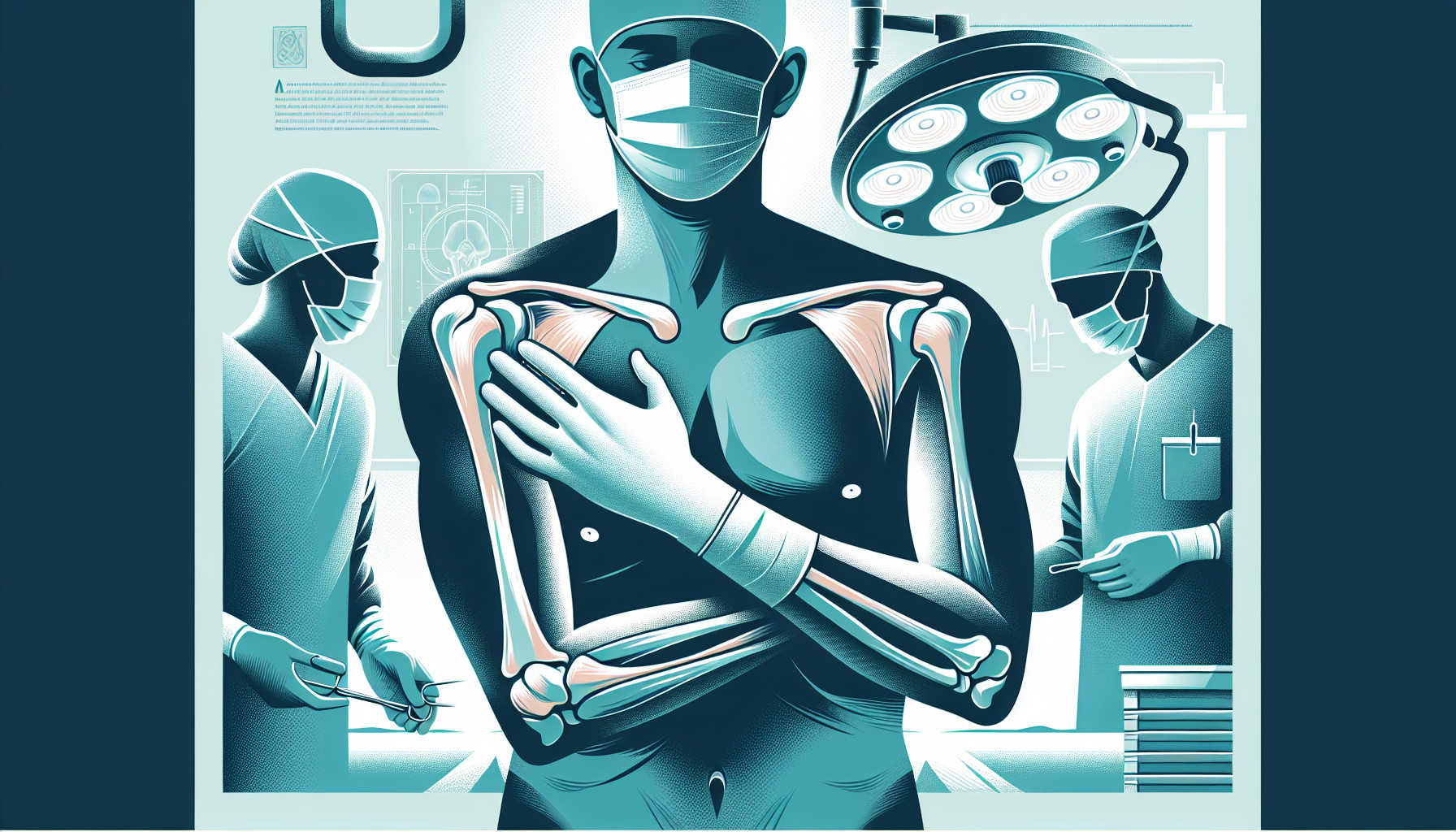Our Summary
This research paper reviews studies about patients who have had joint replacement surgery in their hip, knee, or shoulder, and their ability to return to playing golf. The researchers looked at online databases and also clinical recommendations after joint surgery. They found that most patients experienced less pain when playing golf after their surgery and were able to return to the sport. Some even showed improvement in their game. Based on this information, the researchers believe it’s safe for patients who’ve had these types of surgeries to go back to playing golf.
FAQs
- Is it safe for patients to play golf after having joint replacement surgery in their hip, knee, or shoulder?
- Do most patients experience less pain when playing golf after joint replacement surgery?
- Can joint replacement surgery lead to improvement in a patient’s golf game?
Doctor’s Tip
A doctor might advise a patient who has had a shoulder replacement to gradually ease back into playing golf, starting with light practice sessions and gradually increasing the intensity. It is important to listen to your body and not push yourself too hard, as this could potentially cause injury or damage to the replaced joint. Additionally, it is recommended to consult with a physical therapist or healthcare provider for a personalized rehabilitation plan to ensure a safe and successful return to golfing.
Suitable For
In terms of shoulder replacement specifically, patients who are typically recommended for this surgery are those who have severe pain and limited mobility in their shoulder due to conditions such as osteoarthritis, rheumatoid arthritis, or post-traumatic arthritis. These patients may have tried other non-surgical treatments such as physical therapy, medications, or injections without success.
Additionally, patients who have a significant loss of function in their shoulder, difficulty performing daily activities, and/or have not responded well to conservative treatments may also be candidates for shoulder replacement surgery. The decision to undergo shoulder replacement is typically made in collaboration between the patient and their orthopedic surgeon, taking into consideration the patient’s overall health, activity level, and goals for surgery.
Overall, shoulder replacement surgery can significantly improve pain, function, and quality of life for patients with severe shoulder arthritis or other conditions affecting the shoulder joint. It is important for patients to follow their surgeon’s recommendations for post-operative rehabilitation and activity restrictions to ensure a successful recovery and return to activities such as golf.
Timeline
Before Shoulder Replacement:
- Patient experiences chronic shoulder pain and limited range of motion.
- Patient consults with a orthopedic surgeon and is recommended for shoulder replacement surgery.
- Patient undergoes pre-operative assessments and tests to ensure they are healthy enough for surgery.
- Patient receives education and guidance on preparing for surgery, including physical therapy and lifestyle modifications.
After Shoulder Replacement:
- Patient undergoes shoulder replacement surgery, which involves removing damaged parts of the shoulder joint and replacing them with artificial components.
- Patient stays in the hospital for a few days for monitoring and rehabilitation.
- Patient begins physical therapy and exercises to regain strength and range of motion in the shoulder.
- Patient gradually resumes daily activities and sports, following the guidance of their healthcare provider.
- Patient experiences reduced pain and improved function in the shoulder, allowing them to return to playing golf and other activities.
Overall, the timeline for a patient before and after shoulder replacement involves a period of preparation, surgery, rehabilitation, and gradual return to normal activities. With proper care and adherence to post-operative instructions, most patients are able to successfully recover and resume their desired activities, such as playing golf.
What to Ask Your Doctor
- What are the potential risks and complications associated with shoulder replacement surgery?
- How long is the recovery process and what can I expect in terms of physical therapy and rehabilitation?
- Will I be able to regain full range of motion and strength in my shoulder after the surgery?
- How soon after the surgery can I start playing golf again and what modifications or limitations should I be aware of?
- Are there any specific exercises or precautions I should take to prevent injury or discomfort while playing golf post-surgery?
- Will I need to adjust my swing or technique to accommodate my new shoulder joint?
- What is the long-term outlook for my shoulder function and overall health after the surgery?
- Are there any lifestyle changes or modifications I should consider to protect my shoulder joint and prevent further damage in the future?
Reference
Authors: Papaliodis DN, Photopoulos CD, Mehran N, Banffy MB, Tibone JE. Journal: Am J Sports Med. 2017 Jan;45(1):243-249. doi: 10.1177/0363546516641917. Epub 2016 Jul 20. PMID: 27159289
